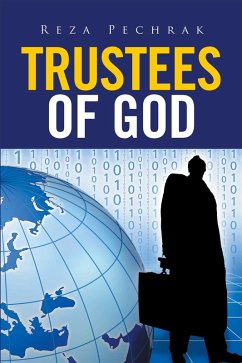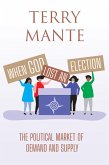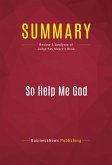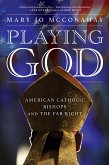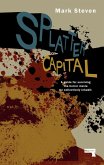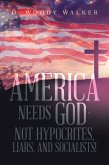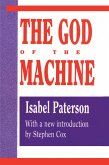This book is based on a preliminary research which is aimed to study the resurgence of faith orders, particularly as political actors. After years of so-called superficial secularisation and attempt to marginalise the religious man in the societal affairs, we are witnessing the tidal rise of him, which is subject to examination in this book, from a systems analytic perspective as a small step towards the development of a political theory of religion.
Dieser Download kann aus rechtlichen Gründen nur mit Rechnungsadresse in A, D ausgeliefert werden.

